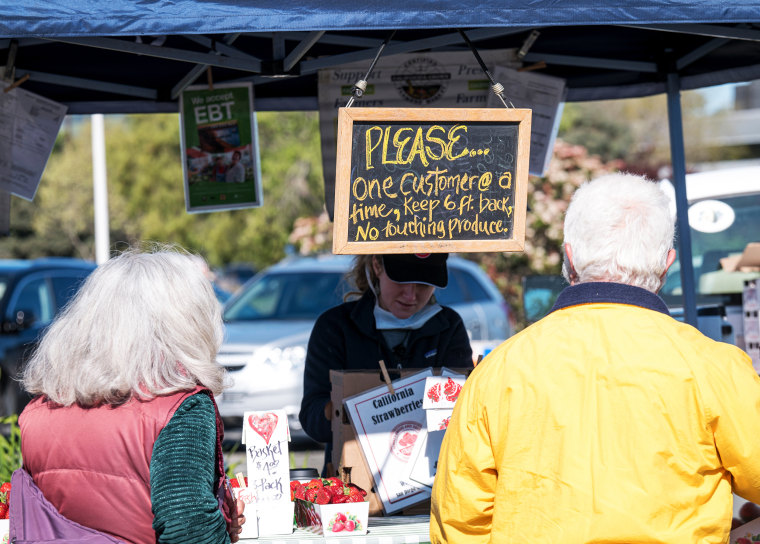At this point, we’re all well aware of what can go wrong if we don’t take COVID-19 prevention seriously. Even if we haven’t been personally affected, we have to operate like we’re in an emergency-adjacent situation at all times, because we are.
And yet, for almost everyone — even professionals — that's incredibly difficult to do for a short span of time, let alone for months on end.
In the event planning world, we tell each other and our security teams, "Watch the crowd, not the show." We say it every time, to every person, because it’s just so hard to do: The show that people are there to see is going to try to steal your attention, too. But it’s more important to watch the subtle things that the people around you are doing because, if a problem arises, that’s the direction it’s likely to come from.
It's good advice for all of us in autumn 2020. There are already fiery debates about in-person schooling and the presidential election; there are likely to be ones about if and how to lock down again if cases spike the way experts predict. The “show” of the issues around the pandemic will try to steal your attention constantly.
So, as an event planner, let me offer a piece of advice: Don’t get so sucked into the debate about the pandemic that you forget to look at the parts of the pandemic going on around you. It's the little things that can easily spiral out of control. Once one person starts dancing in the aisles, then everybody starts dancing in the aisles and, pretty soon, all of the exits are blocked.
Somewhere, one person pulled their mask down — for no good reason — to talk on the phone in public, and other people saw. Now lots of people do it, and plenty of them forget to pull their masks back up.
We have to watch our “crowd.” Have your parents tired of ordering groceries online and started sneaking into the store to visit their favorite deli counter? (I know mine have, because I pestered them about it.) Do your well-intentioned friends or co-workers let their masks dangle from one ear or wear them around their necks like turtlenecks? It’s so prevalent that reminding one person to pull their mask up feels almost futile and, frankly, kind of rude, like you’re some type of rule-enforcing dork.
Those are, however, the kinds of subtle things that could cause a problem for everybody if you see them and decide to look away.
Reminding people to follow the rules is a real bummer (take it from the person who tells people to dance in their seats for a living). But with winter coming and lockdowns loosened nearly everywhere, there aren’t many other barriers in place between us and another disease disaster. Social distancing guidelines and mask wearing are about all we have.
If a few people stop following those remaining rules, and they influence enough other people to stop following the rules, soon there will be no barrier at all. Crowd behavior is ridiculously contagious.
So as uncomfortable as it may be to speak up, it’s way easier to prevent a disaster than to react to a disaster in progress.
As someone who puts a lot of time and energy into thinking about big emergencies and writing plans for what to do in case of disasters, this is hard to admit: The effectiveness of the most elaborate disaster plans pale in comparison to small preventative measures.
I’ve always operated in a “ready for an emergency” state of mind at work, so perhaps it's no surprise that I’ve let some of it spill over into my regular life in 2020. Much like how I always check for the exits in a public space, I now always have a plan for if I need to leave my house at a moment’s notice. My gas tank is never less than half full; a couple of doses of my needed medication are always on the table by my door. I’ve stopped short of going full-on doomsday prepper — I think, as a nation, we’ve proven that panic-buying toilet paper and baking yeast in bulk doesn’t do us much good — but I always have two weeks worth of the essentials on hand.
Still, I’m not sure how much any of those things will help me — or even matter — if the cases of the coronavirus in my area get out of control.
So, I’m watching, I’m following the case numbers in my county and I’m bugging my parents nonstop. I know which friends are careful and who has been a little lax with their social distancing, and make plans accordingly. And, as annoying as it is, I’m pulling my mask up tight around my face — and, sometimes, nudging people near me to do the same.




